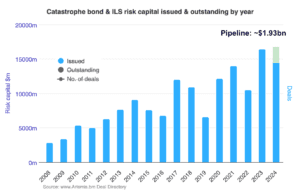Australians concerned about digital information safety

Australians concerned about digital information safety | Insurance Business Australia
Cyber
Australians concerned about digital information safety
Privacy safety and scams top fears
Cyber
By
Roxanne Libatique
Australians are concerned about cyber risks associated with their private information, according to Real Insurance’s Real Digital Risk Report 2023.
The report surveyed more than 5,000 Australians as part of the Real Insurance Research Series. It explored the attitudes and behaviours of Australians concerning risks associated with their online activities, the concerns of parents regarding their family’s online safety, and perceptions of Australians on the increasing use of AI tools.
It found that nearly all respondents, who were aged over 18, were concerned about the safety of their private information online (92%) and scams (90%). When it came to digital risks, most of the respondents were concerned about data hacking (69%), identity theft (67%), privacy violations (54%), company data breaches (53%), and social media privacy (43%) – with the majority feeling that they and their families are most exposed to online risks through smartphones (73%), computers (69%), and smart home devices (19%).
The most common types of scams experienced by the respondents included phishing or smishing (50%), online shopping payment scams (38%), and technical support scams (32%).
Impacts of cyber events
The report revealed that the average amount of money taken from Australians over 18 through online, email, or phone scams totalled $4,307. Among those who lost their money through these scams, 45% were unable to recover it.
Aside from facing financial issues resulting from scams, Australians experienced the mental impacts of such cyber events, with 51% of the respondents targeted by scams claiming to have experienced negative wellbeing or poor mental health.
When asked about scam prevention, 97% argued that there should be stricter penalties for cybercriminals in Australia, while 89% said the Australian government should consider banning certain foreign companies if they pose potential cybersecurity risks.
Related Stories
Keep up with the latest news and events
Join our mailing list, it’s free!







